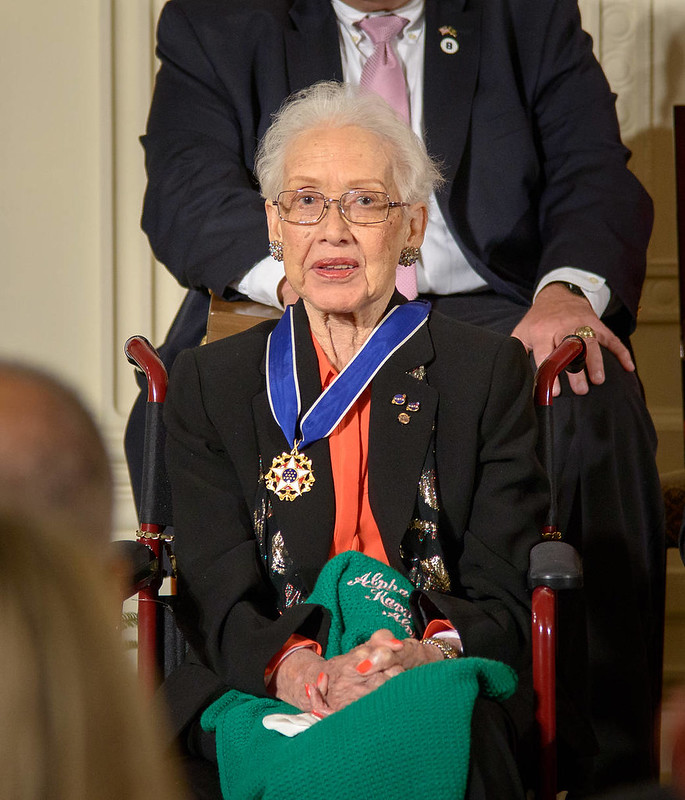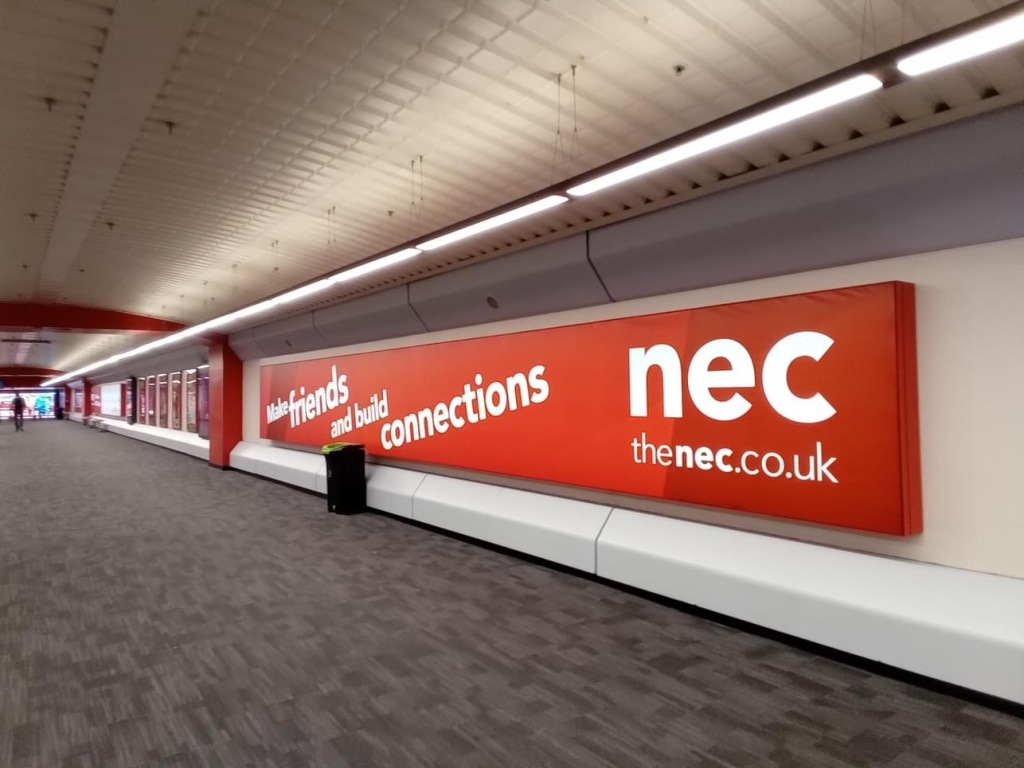I have been meaning to write and research women inventors for a number of years for Women’s History Month in March. There are so many interesting stories of women inventors who have been highly intelligent, practical, innovative and trailblazing as they look for solutions to problems, develop new products, simply fill a gap in the market, and so many other reasons for creating new inventions. Having recently looked as some of the links and stories below, they have made me feel in awe of their abilities and drive to get these from idea to successful invention – some from everyday items in our life to the cutting edge of science and technology. I am also pleased to say that I found so many stories that I am unable to spotlight them all on here. I will, however, share some of the most inspirational women inventors, and some of the context around their stories.
I had to make my own living and my own opportunity. But I made it! Don’t sit down and wait for the opportunities to come. Get up and make them.
Madame C J Walker


Firstly, there would have been women inventors from the beginning of humanity but they may not have been documented for their inventions, as well as not given the credit for the inventions they produced. In the last few centuries, women inventors have been recorded – with some of the earliest documented are Jeanne Villepreaux Power (aquarium), Nancy Johnson (ice cream maker), Ada Lovelace (First Computer Programmer) and Marie Curie (Research and Radioactivity) many more. Some of these from the 19th century seem to be a direct result of the industrial revolution, as well as advancement and changes in lifestyles, homes and workplaces at the time.
Geographically too there have been a good balance. There are inventions that are happening now in all parts of the world, and I was pleased to see many international sites and even came across Globalwin (Global Women Inventors and Innovators Network), which featured Mark Sheahan – who is our Inventor in Residence at the British Library. The world is very diverse and so too the types of inventions and innovations that are developed by women – from sustainable ideas to the use of natural resources available to them. In my day job, I still meet several women founders who are planning their business with new products that they cannot source in current markets in the UK, or are using materials they have found in other countries and/or manufactured by international communities.
Innovation by women are changing the world. However, women remain underrepresented in international patenting. – WIPO
The World Intellectual Property Office (WIPO) has been celebrating the achievement of women inventors this month, but also highlighted some of the issues and challenges. They have this resourceful page which states: “it is estimated that only 17.7 percent of inventors named in international patent applications were women in 2023. While numbers are rising, progress is slow”. Despite the lower numbers, there are some great case stories and the intellectual property that women inventors hold. The case studies are international with various being developed from women across the globe on inventions or innovations ranging from solar energy, fish-skin products, beauty developments. There is still a lot to work towards filling the inventor gender gap, but there is certainly some special representative women who are doing their best to create new products and innovations across the globe.
Here are five inspirational women inventors who have been so interesting to read about:
Nancy M Johnson – Ice cream maker
Ice cream makers and equipment seems to be an invention that women were keen to develop. The Lemelson Center for the Study of Inventions and Innovations has a great blog post on Nancy M. Johnson who invented the ‘Artificial Freezer’ or ice cream maker. It was very laborious to make ice cream in the techniques prior to her invention, and her inventions also help to save time to make a smoother more consistent ice cream. She was also one of the first women to file for a patent in her own name and not that of her Professor husband! Nancy was able to make her idea a commercial success but it was then bought by William Young who developed the ice cream maker further by making it even faster to make ice cream. The information in the blog hyperlinks to the Library of Congress’s photo in their online catalogue and short biography of her life. One thing leads to another – ice cream also need an ice cream scoop, and therefore that was another mechanical invention created Alfred F Calle.


Lisa Lindahl – Sports Bra
Lisa was a keen jogger in the 1970s, apparently running about 30 miles per week. She realised that there was not enough support and garments for her and her friends Polly Smith and Hilda Miller who are also attributed in this link for the National Register of Inventors Hall of Fame. What stood out for me is that she used ‘jockstraps’ support that was made of men and came up with a prototype for the jogging bra. The rest they say is history: “When Smith sewed two jockstraps together and both Lindahl and Miller tested it on a run, they had the first workable sports bra prototype”. I have wondered about a ‘normal bra’ being developed over hundreds of years for women, but it is interesting reading about this and the photos are amusing too. I remember my colleague meeting with some female entrepreneurs over a decade ago where they were planning to create bras with better supportive straps that were more supportive for the larger busted women!
Katerine Johnson – Science Nasa Computer
There are quite a few women of colour who have created amazing products and helped with innovations over time. It would have been more difficult as there would have been some discrimination in what was once a male-dominated world. Katerine Johnson worked with other black women in the segregated states in the USA. This BBC Link with Science in Focus mentions: “Johnson and other black women initially worked in a racially segregated computing unit in Hampton, Virginia, that was not officially dissolved until NACA became NASA in 1958”. She worked on many space missions in the 1960’s and some of her black women colleagues were known to be the unsung heroes of NASA’s space mission. They were featured in the film Hidden Figures, which explored their story and the double standards at the time. It is a lot easier to see women in STEM celebrated, but for women inventor to file patents – it was difficult, especially women of colour. Such as Ellen Elgin who created the laundry wringer for clothes. Although you did not have to disclose ethnicity in 1800s in the USA for patents, Ellen sold her patent for $18.00 at the time and was known to have said: “You know I am black and if it was known that a Negro woman patented the invention, white ladies would not buy the wringer. I was afraid to be known because of my colour in having it introduced into the market, that is the only reason.” Thankfully, the world has improved since then, and women inventors in STEM are thriving in the right conditions that support them.
“We will always have STEM with us. Some things will drop out of the public eye and will go away, but there will always be science, engineering, and technology. And there will always, always be mathematics.”
Katerine Johnson
Hedy Lamarr – Wireless Communications
I didn’t know much about Hedy Lamarr until I started this blog post research. She was not only a famous Hollywood star – she seemed to be interested in inventions. Hedy was born to a Jewish family in Austria but fled to the USA when the country was invaded. During World War II, she wanted to help the Allied Forces fight the Nazi from bombing. She worked with George Antheil to develop a new way to steer torpedoes. She knew that radio-signals used to control torpedoes could be jammed by the Nazis, which will make them miss their targets, and she wanted to come up with unjammable alternative. They both came up with different radio frequencies known as frequency-hopping (FH) which means the system could switch between keys. This has been attributed to the invention to WiFi and Bluetooth – which was patented in 1942 but was not classified until 1981 and only used for military technology. There is a more detail explanation on this New Scientist article here. I can remember the first time I heard about WiFi and broadband in the 2000s, and even then, I was amazed by it. We all know that we need and use WiFi every day now in our lives.

Marie Curie – Radio and mobile X-Ray
Marie Curie was a great scientist but also an inventor in some of the discoveries she made in her time. Her breakthrough discoveries in new radiation therapy for cancer treatment and x-ray machine advanced science and medicine. She was most famous for radioactivity, a term she coined herself. My first understand of of her was when I saw the Marie Curie Cancer Charity raising funds and caring for family who have been affected by cancer – her daughter had given them permission to use her name as the charity want to perpetuate her scientific medical research. I haven’t really stop to think about what she did in as much details as I have in the last couple of days. There are some amazing photos of her in her laboratory as well as in her personal life. There was also a great Google Doodle and page celebrating her contribution to medical and scientific research as well as her contribution to humanity and saving lives. The next time I see the charity collection funds in her name – I’ll remember her immense contribution to the world.
“You cannot hope to build a better world without improving the individuals. To that end each of us must work for his own improvement, and at the same time share a general responsibility for all humanity, our particular duty being to aid those to whom we think we can be most useful.”
Marie Curie
Further links to women inventors:
Beautylich – Black History Month https://www.beautylish.com/a/vzjmr/black-history-month-hair-industry-innovators-inventors
European Patent Office – https://www.epo.org/en/news-events/in-focus/women-inventors
Iderdrola – https://www.iberdrola.com/talent/women-inventors
Lemelson Center for Study of Invention and Innovation – https://invention.si.edu/diverse-voices-women-inventors
National Women’s History Museum – Inventive Women – https://www.womenshistory.org/exhibits/inventive-women
USA Today – 50 things you never knew women invented – https://eu.usatoday.com/picture-gallery/money/2019/03/12/50-things-you-never-knew-women-invented/39158945/
Wikipedia – https://en.wikipedia.org/wiki/List_of_women_innovators_and_inventors_by_country
WIPO – https://www.wipo.int/en/web/ip-advantage/women-innovators-stories





































































































































































































































































































































































































